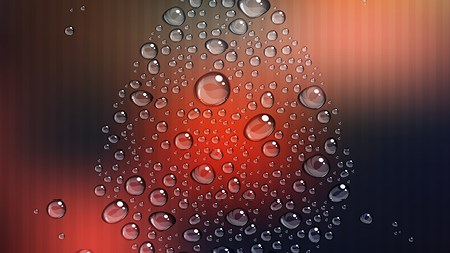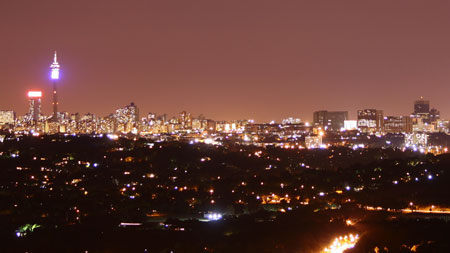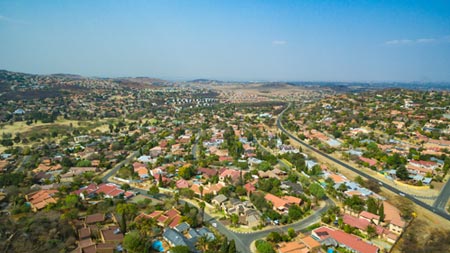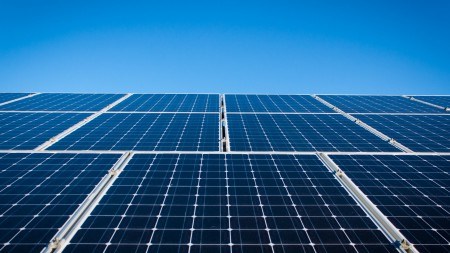Residents of Johannesburg will be hit with large water bills if they do not stick to the water restrictions that have been imposed by the municipality.
Less than 24 hours after the local elections, the City of Johannesburg announced level two water restrictions which carry punitive water costs. The timing of the water restrictions has been questioned, particularly in light of the fact that they were back-dated to the beginning of August.
According to the restrictions, all consumers are compelled with immediate effect to abide by the following:
• Not to water and irrigate their gardens from 6am to 6pm daily
• Not to fill swimming pools with municipal water
• Not to use hosepipes to wash vehicles and paved areas etc.
The City of Johannesburg’s spokesman for group finance Kgamanyane Stan Maphologela reportedly said that the water restriction tariff will apply on an upward scale starting with those who use more than 20kl up to 40kl a month with the cost increasing in line with usage increases.
The average household uses approximately 30kl’s of water. As things stand, the average family could face an increase of up to 20 percent, unless they cut back.
Maphologela explained that the City of Johannesburg was following other Gauteng municipalities which had already implemented water restrictions and that the restrictions had been implemented to ensure that South Africans don’t waste water. He added that those who consume less shouldn’t be affected as every household also qualifies for an additional 6kl free water per month
Said Maphologela: “As per the announcement for water restrictions declared countrywide in November 2015, the city, taking into consideration that South Africa is a water-scarce country and the persisting lower-than-normal rainfall since the beginning of last year, will apply water restriction tariffs to domestic customers from August 1.
“The threat of water supply is increasingly becoming a real issue to all South Africans, particularly in our country where water is a scarce resource. With the continuing high water usage, we have to find ways to introduce measures to control consumption.”
The DA queried why the water restrictions were only announced after the elections saying: “This looks like a trap. If such changes were to be imposed, communities should have been consulted. Residents cannot continue to be punished like this.”
Resident hit with R200 000 water bill
Although not a direct consequence of the new water restrictions, one Johannesburg resident has a major water usage related fight on her hands. According to a report, Sue Bergh was recently billed more than R200 000 for water.
According to Bergh, her meter had not been read since November 2014. The next reading was done on March 13 2016 which equates to a period of 478 days.
Bergh said: “I understand that according to the water services, the council must measure the quantity of water supplied at such regular intervals as the council may determine but which must not exceed 180 days.
“I have had no leak on my property. The unoccupied property that is next to my property had a leak in August last year. I was alerted to the leak by tree fellers cutting down some branches along the boundary wall. I contacted the managing agents of the complex who sent the plumbers. I had no idea as it turns out, that it is a pipe of mine that runs under the paving of my neighbour’s property.”
Nowhere on an account does it warn consumers that the City of Johannesburg is not conducting actual readings nor that the customer is responsible for checking and reading their meters against estimates.
So, although the onus to check readings seemingly lies with the City of Johannesburg, legal experts have pointed out that it’s not clear whether a consumer needs to be more proactive and take steps to check readings. The problem is there is seemingly no case law or precedent which could guide the matter. This means that Sue Bergh will, in all likelihood, have to approach the courts for a resolution.
The upshot is that water is a precious commodity in South Africa and the authorities are tightening up on its usage. The best course of action at this stage is to simply adhere to the water restriction rules as set out by the municipalities and keep a beady eye on your water reading bills.
If your bill appears to be abnormally high or low, question it immediately and take action.




